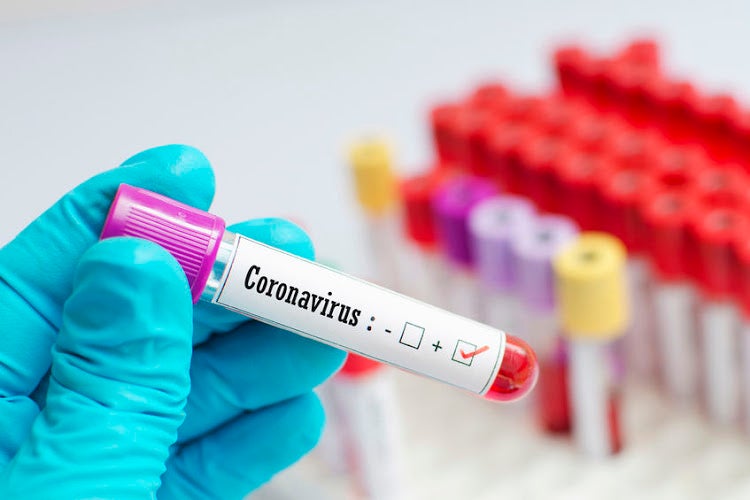The City of Bulawayo is working on equipping its laboratory at Thorngrove Infectious Diseases Hospital so it can start testing for coronavirus (COVID-19), which is critical for patient care and public health officials to control outbreaks.
Lack of testing has left, not only the city but other provinces unable to implement a strategic approach to containing outbreaks or the possible spread of the virus.
If tests are done on time, medical personnel can find who is infected early on, isolate those patients and trace their contacts and test them too.
“As the City of Bulawayo right now, we are not yet doing testing ourselves and this issue is quite a limiting factor at the present moment,” acknowledged Assistant Director of Health Services, Dr Khulamuzi Nyathi in an interview with CITE on the sidelines of a donation ceremony held at Thorngrove Hospital.
He confirmed Zimbabwe’s second-largest city was not testing for coronavirus, as it was “a new disease, whose test kits take some time to develop and even to capacitate the laboratory to actually test.”
The assistant director concurred that the country at large needed to increase the number of people that were undergoing testing.
“Currently we are using the epidemiological criteria to conduct testing because before we test, we have to know that you are coming from an area where there is evidence of high community transmission. We have to know that were in contact with somebody with COVID-19.
“We don’t just test anyone because somebody feels like they want to be tested because ultimately we have to divert yet we have channel resources to the area where they are needed most,” Dr Nyathi said.
“I agree that maybe if we were capacitated to test ourselves, we would actually have a wider range and a shorter response turnaround time so that people receive results as soon as possible.”
Dr Nyathi explained that testing for COVID-10 required a specialised laboratory with certain conducive conditions.
“Once a specimen is collected it needs to be processed at a laboratory that has certain conditions like negative pressure laboratory or a level three laboratory. Such a laboratory is there in Bulawayo and we are actually in the process of trying to capacitate that laboratory to be able to test,” he said.
However, the city health official was unsure of the exact amount needed to capacitate Thorngrove’s laboratory.
“We do have people from the lab who have actually communicated with colleagues from the lab at the national level, who have incorporated needs into the national budget for the COVID-19 response and we hope the capacitation would be done soon,” Dr Nyathi said.
He added that the Ministry of Health and Child Care had advised them that they would soon be having rapid test kits.
“These are the ones that will give you a result immediately…the test kits take into account what is known as the window period. Once we have that we will be able test and be able to tell you if you are ok or that you may come back after certain number of days so we test you again. The Ministry of Health and Child Care promised us that we will receive these test kits,” the city’s health official said.
Recently, the National University of Science and Technology (NUST)’s Applied Genetic Testing Centre said it has the capacity to test for coronavirus, of which Dr Nyathi noted the city had a generic memorandum of understanding with the learning institution.
“We have already started discussing with NUST. NUST has a Polyamorous Chain Reaction or PCR machine that can actually do this testing. But the testing is a two-stage process, as after a sample has been collected from a suspect or a probable case, there needs to the extraction of DNA.
“This is the part needs to be done under stringent conditions on a level three or the Studio 3 laboratory with negative pressure. After the DNA has been extracted, the sample can be run on the PCR machine that NUST has,” he explained.
He noted that NUST was in collaboration with the National Microbiology Reference Laboratory, working together with Bulawayo as well as surrounding provinces.
“This is team is the one that has submitted requirements to national level and national level has incorporated into the response budget and we are hoping that those would be addressed as soon as possible,” Dr Nyathi said.

